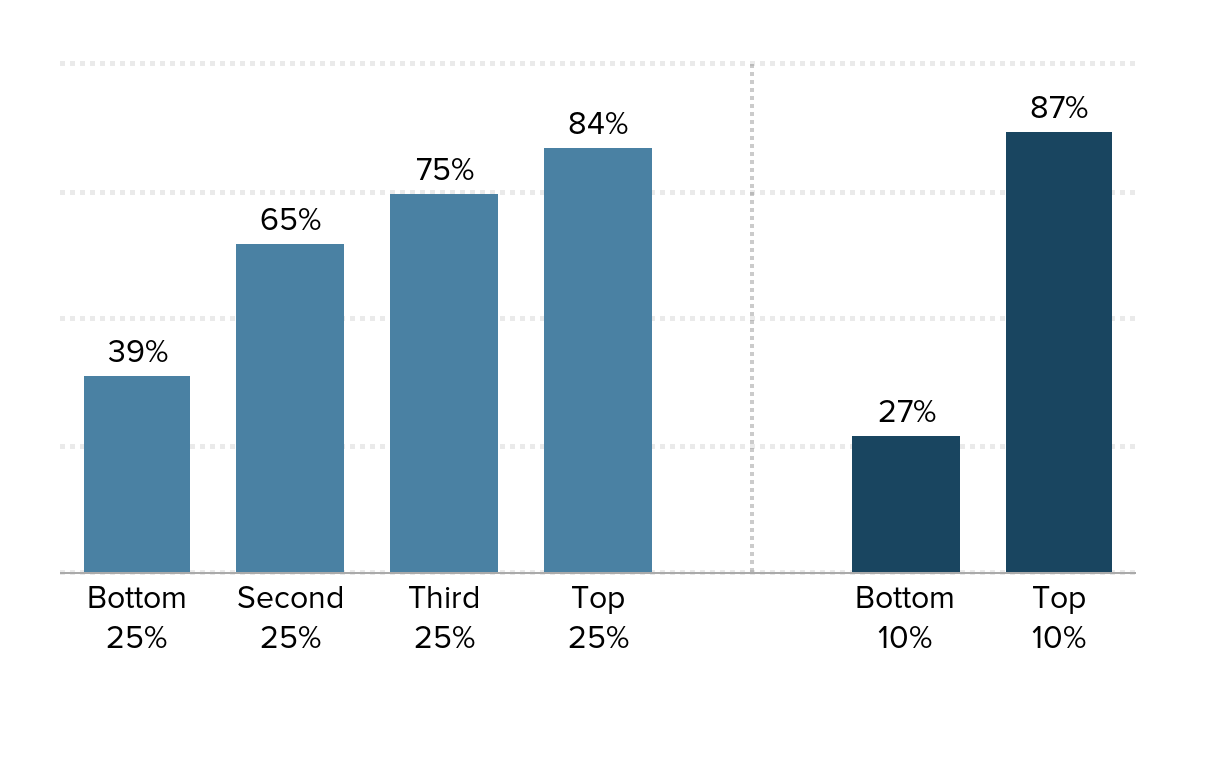Working in an underpaid job in Texas, where all you receive is work and no increment in the payment, is not suitable for your career and mental health. Those who make good money, or at least make the minimum wage, spend it on more products and services, which stimulates the economy and provides it with a much-needed lift.
When the minimum wage is fixed to a certain level, the employee gets a good amount of money to ensure a good standard of living, or an Austin employment lawyer is consulted. Divided between savings and spending, excess income has a variety of direct and indirect positive effects on the economy.
What is A Minimum Fixed Wage?
A minimum fixed wage can be defined as the legally mandated lowest amount of money that employers can pay an employee for the work they do. The minimum fixed wages are fixed by law, and this is done for the well-being of the employee who works at an organization for specific hours. It is done and mandated to ensure that no employees are underpaid.
This also reduces the gap between the highest-paid employee and the lowest-speed employee. The lowest hourly, daily, or monthly wage the employees must pay to the employees is defined in the minimum fixed wage category. These are said by government authorities and apply to almost all workers unless there is some exception.
The purpose of this minimum wage act is to ensure that workers receive a basic living wage that can help them fulfill their daily needs. It also prevents the exploitation of workers for extra work at lower wages. The primary purpose is to reduce overall poverty and decrease income inequality in the corporate sector and other sectors, too.
What Are The Benefits Of It?
The ability of a minimum wage regulation to lift workers out of poverty is one of its main advantages. The employees get fair value for the time they spend on work. Receiving a minimum wage helps employees in meeting their basic needs for housing, food, and medical care. The salary can go up according to the skillset and experience, but when it comes to paying on the lower side, there should be a limiting factor.
One of the primary issues facing the economy is the continuous gap in worker pay. The goal of these laws is to reduce the difference in pay between low-paid employees and high-paid employees. In addition to fostering unity in society, income redistribution can support economic stability.
Employee motivation and level of dedication to the task are more likely to increase when they receive just compensation for the amount of effort they put in. Having a more excellent salary can lead to a more fulfilling work life, which in turn boosts output.
Does an Organization Lose Anything?
The rising cost of labor is a significant worry for companies, ones that sometimes are unable to keep up with the increases, which ultimately leads to lower profit margins or higher pricing for goods and services.
According to some economists, firms frequently hesitate to make new hires and may even decide to let go of some current staff in order to control the higher expenses associated with pay increases, which leads to a decline in employment. So, one way or another, someone ends up getting caught in this trap.
That is when outsourcing and automation became more sensible options for firms that have to pay more excellent wages. Businesses will raise the pricing of products and services in response to pay increases, which will cause price inflation and lower consumers’ buying power. Even those who gain from lower salaries will now have difficulty buying from the market.
